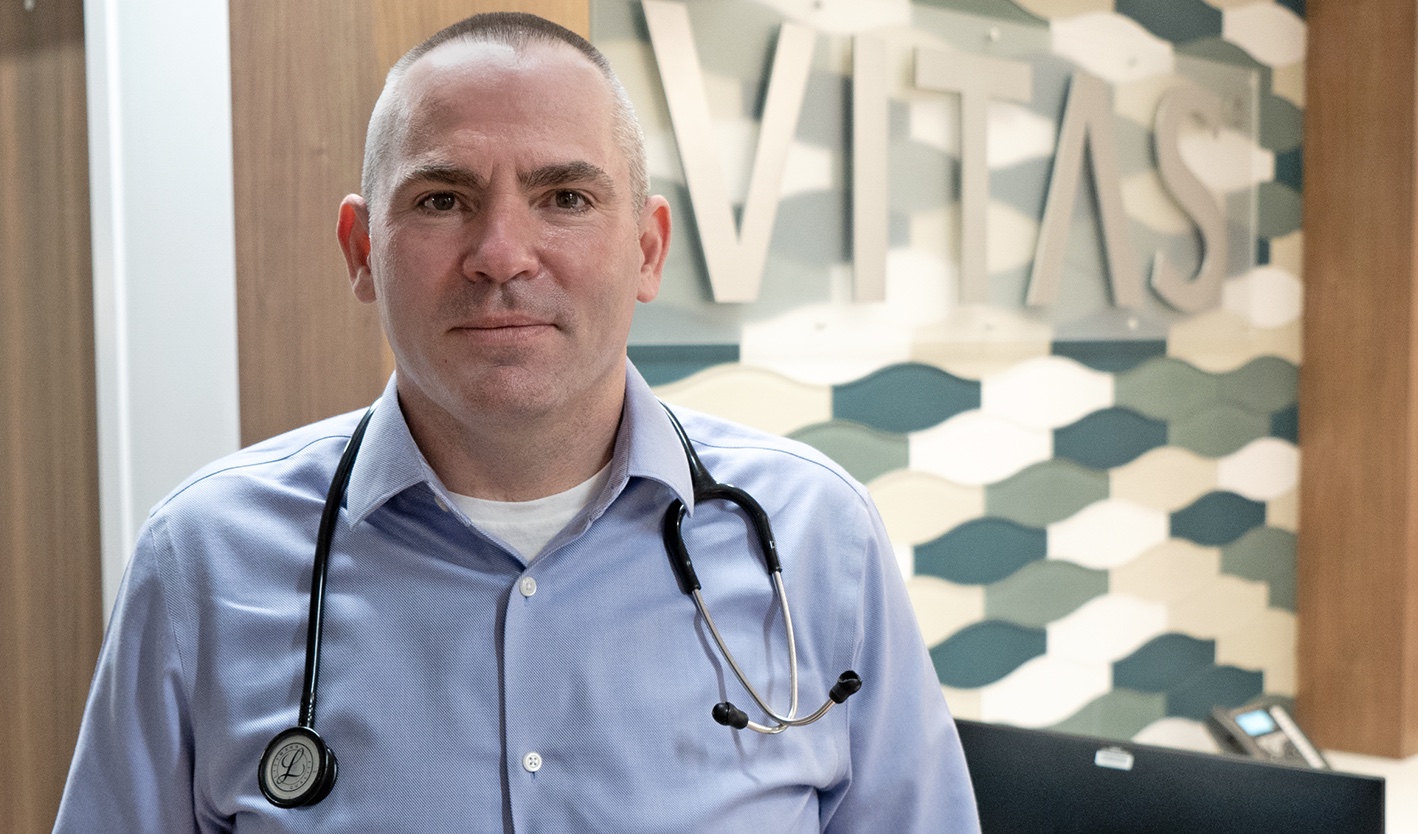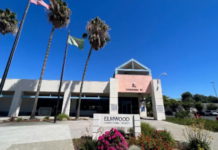Los Gatos has been intensely focused on surveying its population and making plans for the days to come, whether that’s through the General Plan update that’s underway, the community survey released this week at Council or the study of senior preferences that was recently completed.
And while that’s all well and good, experts say there’s a more personal part of looking to the future that residents shouldn’t forget—end-of-life planning.
Legal minds across America cheered when research showed that, during the pandemic, more people were finally getting around to officially jotting down their wishes for their dying days. But as the pandemic appears to be waning, interest in completing those formal processes—chief among them Advance Care Planning, which is meant to take the guesswork out of palliative and hospice care—seems to be dropping, too.
So, we dropped Dr. Joseph Shega, executive v.p. and chief medical officer of VITAS Healthcare, a line to figure out what all this means for Los Gatans…
Drew Penner: What do you mean when you talk about end-of-life care planning?
Joseph Shega: When we talk about advance care planning and advance directives, we’re talking about making patients’ preferences known early, while they are still able to communicate. ACP ensures patients’ end-of-life care aligns with their goals, wishes, and values. ACP is appropriate for adults at any age or stage of health. It should be an ongoing process that patients have with their doctors and family. It isn’t a one-and-done conversation. Instead, it should be a conversation that takes place every time a patient’s medical condition changes.
When patients are approaching the end of life, ACP includes the discussion about the role of hospice to meet their goals of care. That could mean remaining out of the hospital and in their home—wherever the patient calls home—surrounded by loved ones.
Why is end-of-life planning important?
By knowing a patient’s wishes and values, health care professionals and families can ensure that the kind of care that person receives at the end of life aligns with their goals, preferences and spiritual beliefs.
One of the most difficult situations is when the families we serve don’t know their loved one’s wishes or values. A new VITAS survey finds that almost a quarter of people (24.3%) had either a loved one who was seriously ill or one who had passed away without knowing their wishes or values for end-of-life care. VITAS believes it is vitally important that patients make their wishes known so that they can be honored, while also relieving the burden of decision-making on loved ones.
What are the typical obstacles people face to making plans for how they want to be cared for as they near the end of their life?
We hear many questions from patients about ACP. For example, 1) location—where someone wants to be at end of life (at home, in a hospice facility), 2) what interventions they are comfortable with, 3) finding culturally competent care, 4) financial considerations, and more.
I want patients to know that they don’t have to figure out the ACP process all on their own. Your doctor can work with you and your loved ones to help make a plan that honors your wishes and values.
What we are working on at VITAS is helping health care professionals have the tools and knowledge they need to have these ongoing conversations with their patients. When a health care professional is confident and well-informed, it can help put the patient at ease. Even for clinicians, being comfortable having ACP conversations with patients is a matter of training and practice.
That’s why VITAS is introducing a new preceptorship [aka practical experience and training for a student] and certificate program on this very topic at the National Black Nurses Association Annual Conference in July. The program will include education modules on a variety of topics, such as prognostication, hospice basics, and how to start the advance care planning conversation sensitively and respectfully with open-ended questions. It will also include practice scenarios where participants can get feedback on actual conversations with patients.
What was the initial impact of the pandemic on people’s interest in writing down their end-of-life wishes?
The pandemic, unfortunately, has brought death to many American doorsteps. With that, we’ve also seen an increased willingness to discuss end-of-life care.
More people reported that they have documented their wishes this year (35.4% in 2022 versus 32% in 2021). That percentage is still a fraction of those who say it’s important or very important (68%) and those who have at least discussed their wishes (55.5%).
Has that trend been sustained, now that we appear to be turning the corner on the coronavirus pandemic in our neck of the woods?
Although more Americans are reporting that they have documented their wishes and values for end-of-life care, there are signals that this upward trend could reverse.
In 2021, 29% of Americans reported that the pandemic increased the likelihood that they would discuss documenting their wishes, versus 22.5% in 2022.
As fears and restrictions related to the COVID-19 pandemic ease, and as the death toll declines, Americans are also reporting they are now less likely to discuss or document their plans for end-of-life care, compared to a year ago. But discussing and documenting those wishes and values early—while you can communicate them—is something everyone can do to help themselves and avoid burdening their families to make critical medical decisions on behalf of their loved ones.
What are things that community groups can do to make end-of-life planning easier for local residents?
Community groups can encourage residents of all ages to bring up ACP with their physicians and loved ones. I would like to emphasize that ACP is appropriate for adults at any age or stage of health. It should be an ongoing process that takes place every time a patient’s medical condition changes.
ACP is also important for all people—regardless of race, ethnicity, background, income, or gender identity. And we know that clinicians make a significant difference in many communities, so more health care professionals need training to hold these conversations confidently and comfortably with all of their patients.
Anything else you’d like to mention?
No matter what, every end-of-life conversation must be rooted in respect, compassion and empathy. Health care professionals must take the time to understand the whole patient and consider how their age, race, ethnicity, religion and relationships shape their views and values.
We know these conversations matter—and that’s why training health care professionals to have these conversations matters.
Our study found that having ACP conversations with a health care professional leads to concrete action: Of those who have documented advance care plans, 13.2% said their health care professional had discussed it with them, and that percentage was higher for Hispanic (24%) and Asian (24.2%) respondents.
(This interview has been lightly edited for clarity and length.)










